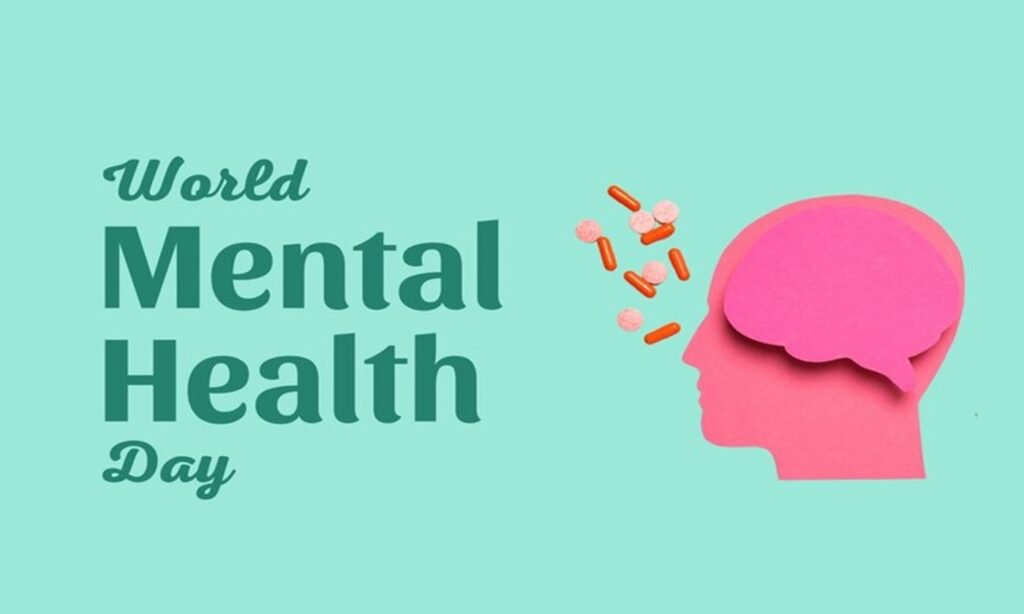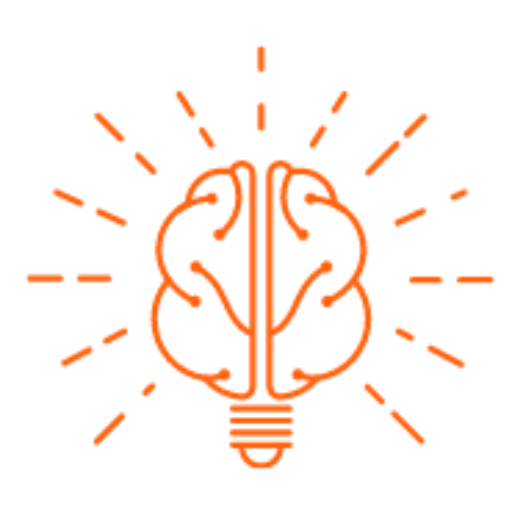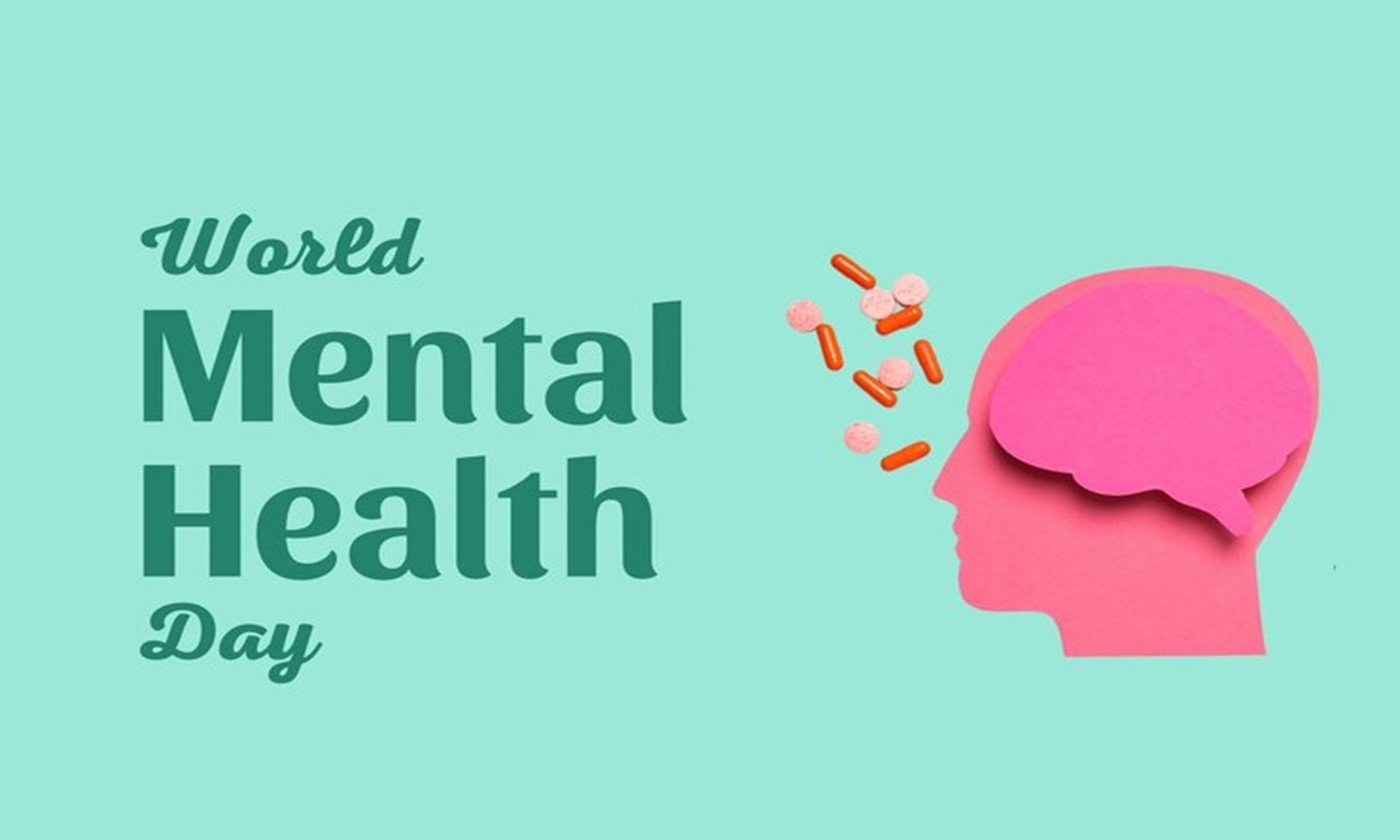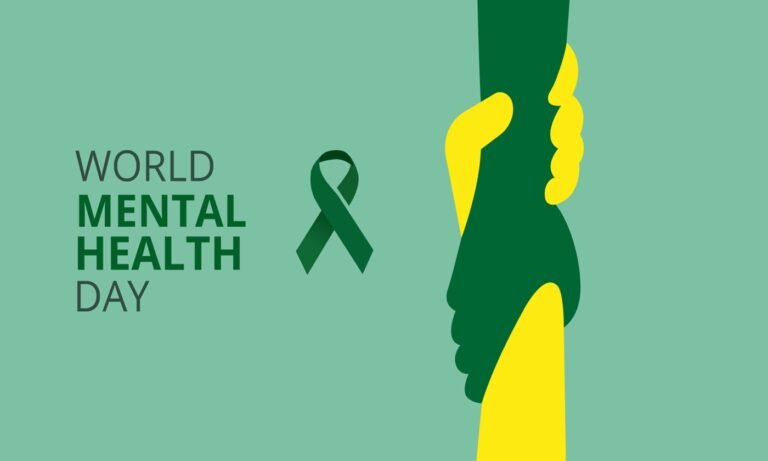
Addiction and Mental Health: The Co-Occurring Issues
May is Mental Health Awareness Month, a dedicated time to raise awareness about mental health, challenge the stigma associated with mental illness, and highlight the importance of quality mental health care. This observance is crucial for promoting education, supporting, and advocating for policy changes to improve mental health services.
This year, AddictionHelp.com is focusing on the convergence of addiction and mental health, co-occurring disorders, and why access to quality mental health care is one of the top ways to achieve sustained and long-term sobriety.
Understanding Co-Occurring Disorders
Co-occurring disorders, also known as dual diagnosis, refer to the simultaneous presence of a mental health disorder and a substance use disorder in an individual. These conditions often interact in ways that exacerbate both, making diagnosis and treatment particularly challenging.
For instance, individuals struggling with anxiety or depression might turn to substances like alcohol or drugs as a form of self-medication. Conversely, substance abuse can lead to the development of mental health disorders due to the brain’s chemical imbalances caused by the addictive substances.
The National Institute on Drug Abuse (NIDA) reports that roughly half of those who experience a mental illness will also experience a substance use disorder and vice versa.
Common Misconceptions About Mental Health and Addiction
One of the biggest barriers to treatment for both mental health and addiction issues is the pervasive stigma and misconceptions surrounding these conditions. Many people wrongly believe that mental illness and addiction are signs of personal weakness or moral failings. However, both are medical conditions that require professional treatment and support.
“Mental health is not a destination, but a process. It’s about how you drive, not where you’re going.” — Noam Shpancer
The Importance of Quality Mental Health Care
Quality mental health care is critical for several reasons:
- Integrated Treatment Approaches: Effective treatment for co-occurring disorders requires an integrated approach that addresses both the mental health and substance use components simultaneously. This holistic treatment can significantly improve outcomes for individuals battling these dual challenges.
- Reducing Relapse Rates: Access to quality mental health care helps in reducing the risk of relapse. When underlying mental health issues are left untreated, individuals are more likely to relapse into substance abuse as a way to cope with their symptoms. Proper mental health care provides individuals with healthier coping mechanisms and support.
- Improving Overall Well-being: Quality mental health care improves overall well-being, leading to better physical health, improved relationships, and increased productivity. Addressing mental health issues enhances an individual’s ability to function effectively in daily life and contributes to long-term sobriety.
Carberg emphasizes this point, stating, “The Journal of the American Medical Association has shared data showing that mental illness affects around 45% of people with substance use disorders (alcohol and drugs). They have also outlined that 50% of individuals with severe mental disorders are affected by substance use disorders. As the founder of AddictionHelp.com and, more importantly, as a recovering addict myself, it is evident to me that my own sobriety and recovery require improved mental health.”
Addiction and Mental Health Resources
Here are some top nonprofit, nonpartisan resources in the United States that specifically support individuals with co-occurring addiction and mental health issues:
- National Alliance on Mental Illness (NAMI)
- Website: nami.org
- Description: Provides advocacy, education, support, and public awareness for individuals affected by mental illness. Offers support groups and educational programs.
- Substance Abuse and Mental Health Services Administration (SAMHSA)
- Program: National Helpline
- Website: samhsa.gov
- Description: A 24/7 confidential helpline offering referrals to local treatment facilities, support groups, and community-based organizations.
- Crisis Text Line
- Website: crisistextline.org
- Description: Provides free, 24/7 crisis support via text. Text “HELLO” to 741741 to connect with a trained Crisis Counselor.
- The Jed Foundation (JED)
- Website: jedfoundation.org
- Description: Protects emotional health and prevents suicide among teens and young adults. Provides programs and resources for schools, colleges, and communities.
Carberg shares his personal success story to highlight the importance of integrated treatment: “I can speak for myself, which is that my addiction issues were not treated like character flaws; they were treated medically and psychologically during my time in detox. Dr. Kent Hoffman, our co-founder, has always made mental health a distinctive part of his practice.”
Overcoming Stigma
Stigma remains a significant barrier for those seeking help for addiction and mental health issues.
Carberg recounts a recent interaction: “I recently spoke to a young man battling a substance use disorder complicated by a deep-seated anxiety disorder. I could tell that he felt very ashamed of his issues and that perhaps he was just a failure of a person. I explained that just as we would go to the dentist for a cavity or take an antibiotic for a bacterial infection, mental health treatments, whether psychological or psychiatric (depending on the issue), aim to provide a balanced playing field from which to operate.”
 Call us:(+233) 0531380360
Call us:(+233) 0531380360  Email
Email 


